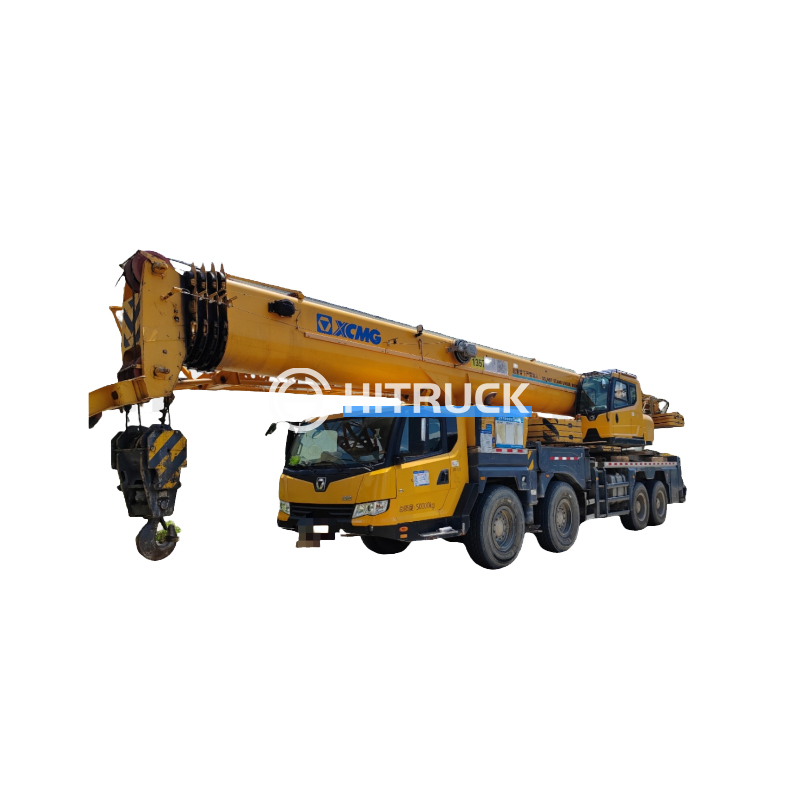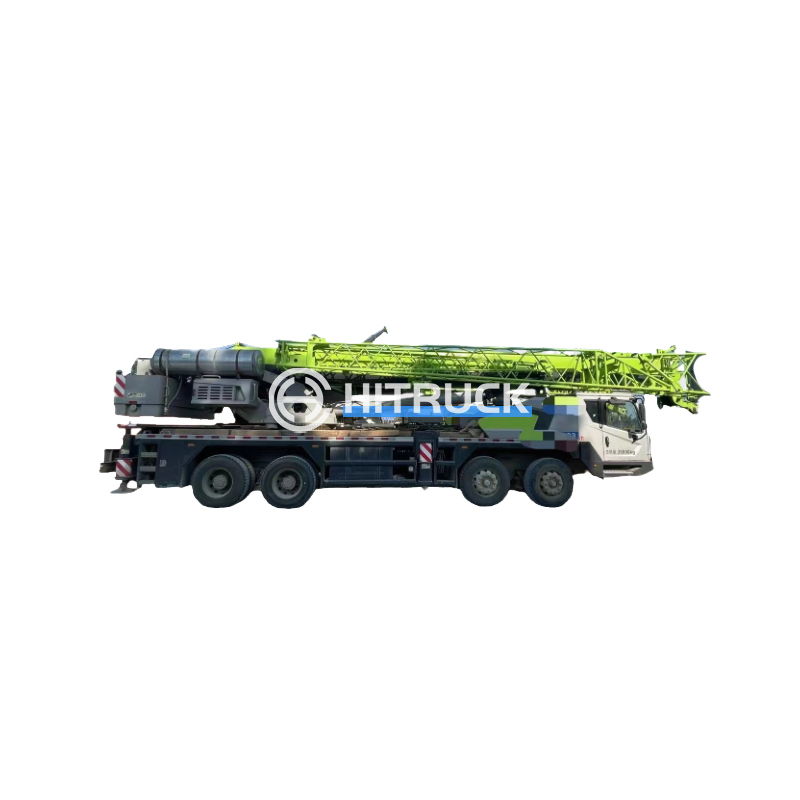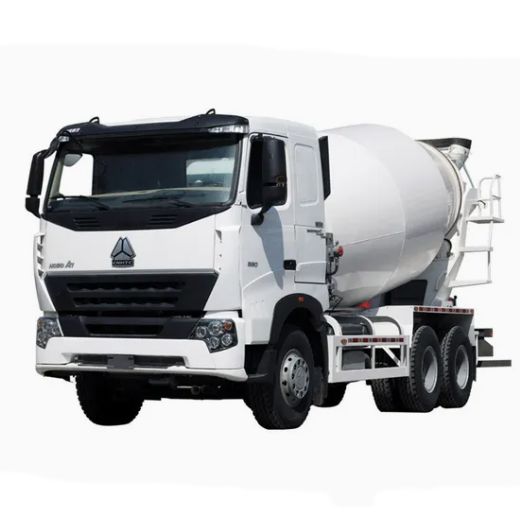This comprehensive guide explores the various aspects of mobile water trucks, helping you understand their functionalities, applications, and how to choose the best one for your specific needs. We'll cover everything from tank capacity and pump types to maintenance and regulatory compliance. Whether you're a construction company, a municipality, or an agricultural business, this guide will provide valuable insights.
Mobile water trucks come in a wide range of tank capacities, typically ranging from a few hundred gallons to several thousand. The size you need depends entirely on your intended use. Smaller trucks are suitable for smaller projects or routine tasks, while larger units are necessary for larger-scale operations. Tank materials also vary; common options include stainless steel (for increased durability and resistance to corrosion) and polyethylene (for lighter weight and lower cost). Consider the type of water being transported and the potential environmental impact when selecting your tank material.
The pump system is a critical component of any mobile water truck. Different pumps offer varying flow rates and pressures, influencing the efficiency and speed of water delivery. Centrifugal pumps are common choices for their reliability and relatively low maintenance. However, other pump types, such as positive displacement pumps, may be more suitable for specific applications requiring higher pressure or viscous fluids. Understanding the required flow rate (gallons per minute or liters per minute) is crucial for selecting the right pump.
Many mobile water trucks offer additional features to enhance functionality and convenience. These can include features such as:
Selecting the right mobile water truck involves careful consideration of several key factors:
| Factor | Considerations |
|---|---|
| Water Capacity | Daily water needs, project size. |
| Pump Type & Flow Rate | Required pressure, application (dust suppression, irrigation, etc.). |
| Chassis and Engine | Terrain, load capacity, fuel efficiency. |
| Budget | Initial cost, maintenance expenses, fuel costs. |
The decision between a new or used mobile water truck involves weighing the benefits of each. New trucks come with warranties and the latest technology but are more expensive. Used trucks offer cost savings but may require more maintenance. Carefully inspect any used truck before purchasing to ensure it is in good working order. Consider contacting Suizhou Haicang Automobile sales Co., LTD for both new and used options.
Regular maintenance is crucial for the longevity and safety of your mobile water truck. This includes regular inspections of the tank, pump system, hoses, and chassis. Adhering to a schedule of preventative maintenance will help avoid costly repairs and ensure the truck's reliable performance. Always refer to the manufacturer's instructions for specific maintenance recommendations.
Operating a mobile water truck safely involves understanding and following all relevant safety procedures. This includes proper training for operators, regular safety inspections, and adherence to all local regulations. Remember to always secure the truck properly when parked and exercise caution when operating near other vehicles or people.
This guide provides a starting point for your research. For specific advice or to find the right mobile water truck for your needs, consult with industry professionals or visit reputable dealers such as Suizhou Haicang Automobile sales Co., LTD.












